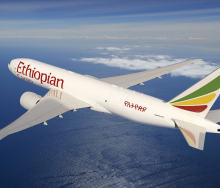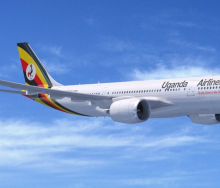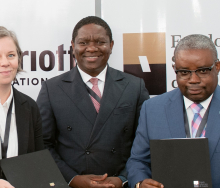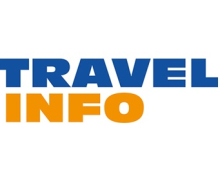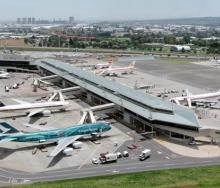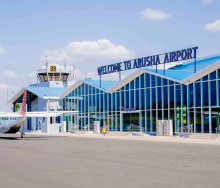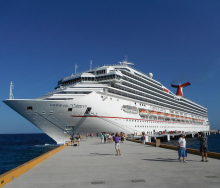TRAVEL agents need to drastically
review their relationship with
suppliers and clients if they want
to survive. They need to stop relying
on supplier override commissions and
start seeing the client as their main
revenue source. Complete transparency
is key and loading fares should be a
thing of the past.
This was the central focus of industry
panel discussions at the recent Asata
Conference 2015, which was held in
Durban from May 22 to 24.
Asata released a thought leadership
paper, ‘The 21st Century Travel Agent’.
Two of the key recommendations
centred on the relationship between
TMCs and suppliers – TMCs should
manage their supplier relationship
more carefully to balance their value
proposition to their customers; and
they should change their remuneration
model to focus on the perceived value
they add to their customers and rely
less on supplier revenue.
Jason Krause, founder of Quadrant
Five (an independent network of
experienced business professionals
that supports business leaders and
their management teams to grow
their businesses) said TMCs had
built key elements of their business
models around the expectations and
requirements of travel suppliers.
“As TMC supplier revenue streams
diminish, TMCs have to refocus their
businesses to represent the corporate
and leisure traveller, not just as the
consumer but, more importantly, as the
customer.”
“If you only rely on supplier revenue,
then you are doomed,” said Timothy
O'Neil-Dunne, managing partner at
travel consultancy firm T2Impact. The
decline of supplier paid revenues had
already occurred in many different
markets around the world, he said. “In
the US, most TMCs give away whatever
commission they get and have a steady
stream of income, which comes from
the consumer side.”
In SA TMCs had already changed their
models, said Bronwyn Philipps, md of
HRG Rennies Travel. “It’s outdated to
think that we only earn our money from
suppliers. For most big consortiums
represented here today, I would say
that 80% to 90% of our revenue comes
from our clients and probably 10% or
20% comes from suppliers.”
But that didn’t mean suppliers
should stop paying travel agents and
TMCs overrides altogether, she added.
“Where else in the world will you get
people selling your product free? If
suppliers could do it completely on
their own, they would have done so
already. But suppliers understand the
value of the travel agent when it comes
to selling their products.”
But are clients really willing to pay for
TMCs’ services? Without a doubt-it
they perceived the service to
be valuable, the panel agreed.
“Travel agencies need
to show their clients their
relevance by adding value
and giving the client a reason
to pay the service fee,”
said Mary Reynolds, md of
Reynolds Travel Centre. She
added that agencies did not
need to restructure their
business models but rather
refine them.
Bronwyn said TMCs should
be proactive and show their
clients how to save money
and improve their business.
However, as TMCs took on a
new role as advisers, complete
transparency was key.
There was an unfortunate
trend that saw TMCs selling
themselves as an advisory
service, promising the best
deals, and then distorting the
trust of their client by adding
on to fares, Bronwyn said. “We
need to be more ethical. It’s
fine to add on to fares but be
honest with your customers.
Don’t try and say you’re
something and then behave in
a different way. That’s where
the mistrust comes in. If you
tell clients you’re going to be
working in their best interest
to achieve the lowest fare but
then you add on wherever
you can find a gap, that’s
just dishonest and we should
march you out of the industry.

